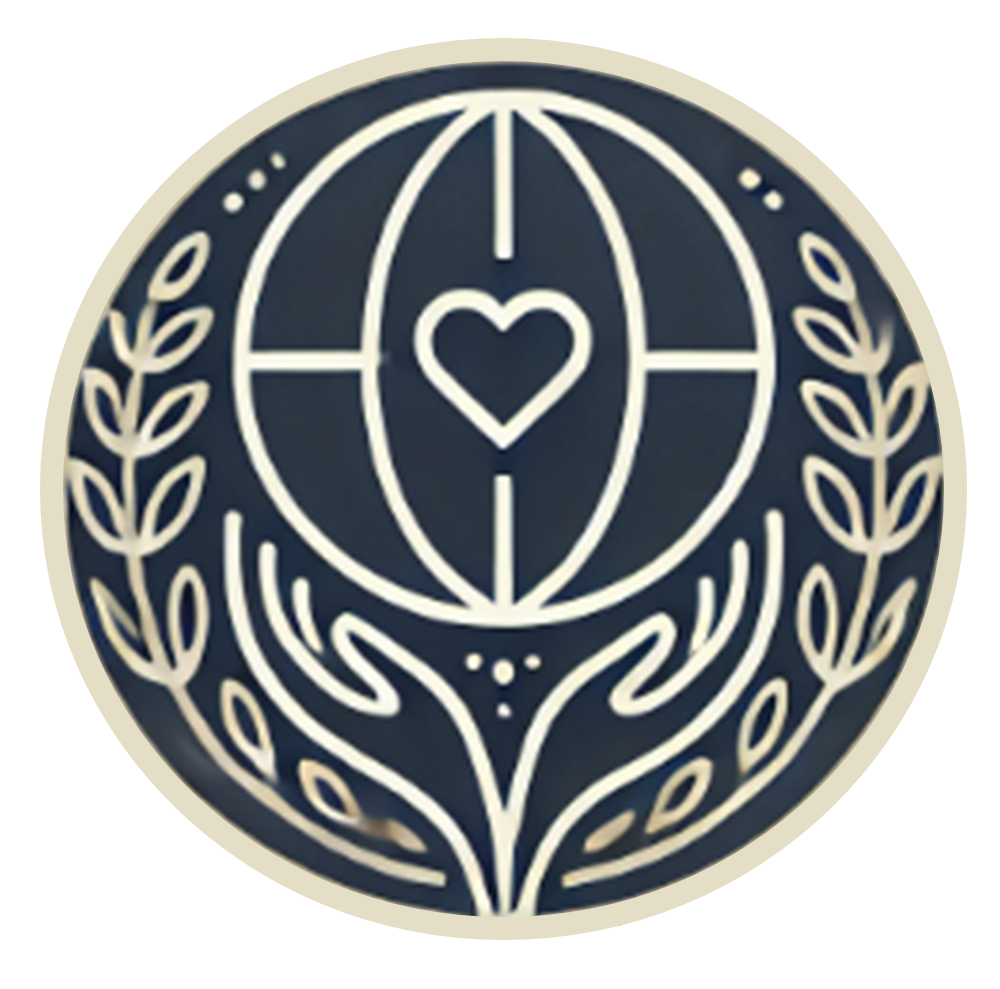Share on Facebook Share on X
January 12, 2025
I recently dove into the history and impact of U.S. sanctions on Cuba—a journey that opened my eyes to one of the longest-running and most contentious policies in modern history. With help from STORM AI at Stanford, ChatGPT, and other sources, I pieced together a clearer picture of this decades-old saga.
The U.S. sanctions on Cuba date back to the early 1960s, triggered by the Cuban Revolution and Fidel Castro’s decision to nationalize American businesses without compensation. What began as retaliation evolved into a full-scale embargo aimed at isolating Cuba economically and politically, justified as a tool to fight communism and promote democracy. Yet, critics call it what it is: economic warfare that punishes the Cuban people far more than its leaders.
Over the years, laws like the 1996 Helms-Burton Act have cemented these policies, tying the hands of future administrations. Each attempt at change—like Obama’s thaw in relations—has been countered by steps backward, creating a maddening cycle of hope and disappointment.
Globally, the sanctions have been widely condemned. The U.N. General Assembly votes year after year to end the embargo, citing its devastating impact on Cuban citizens and breaches of international law. Yet the policy endures, despite evidence that it’s done little to achieve its goals and much to harm ordinary Cubans—fueling food shortages, crippling healthcare, and leaving the most vulnerable to suffer.
The Humanity-First Doctrine sees these sanctions as relics of a Cold War mindset, inflicting needless suffering without advancing freedom or democracy. It’s time to let compassion and reason guide U.S.-Cuba relations. Instead of punishing an entire nation, let’s pursue policies that hold leaders accountable while sparing the people. Dialogue, cooperation, and mutual respect are the true paths to progress—because policies rooted in harm will never yield the justice we claim to seek.
The people of Cuba have endured more than 60 years of US sanctions that deny food, medicine, and essential goods getting to children and families. These sanctions have not and are not producing anything but harm on the most vulnerable.
Additional Resources
Previous blog entry
Next blog entry

